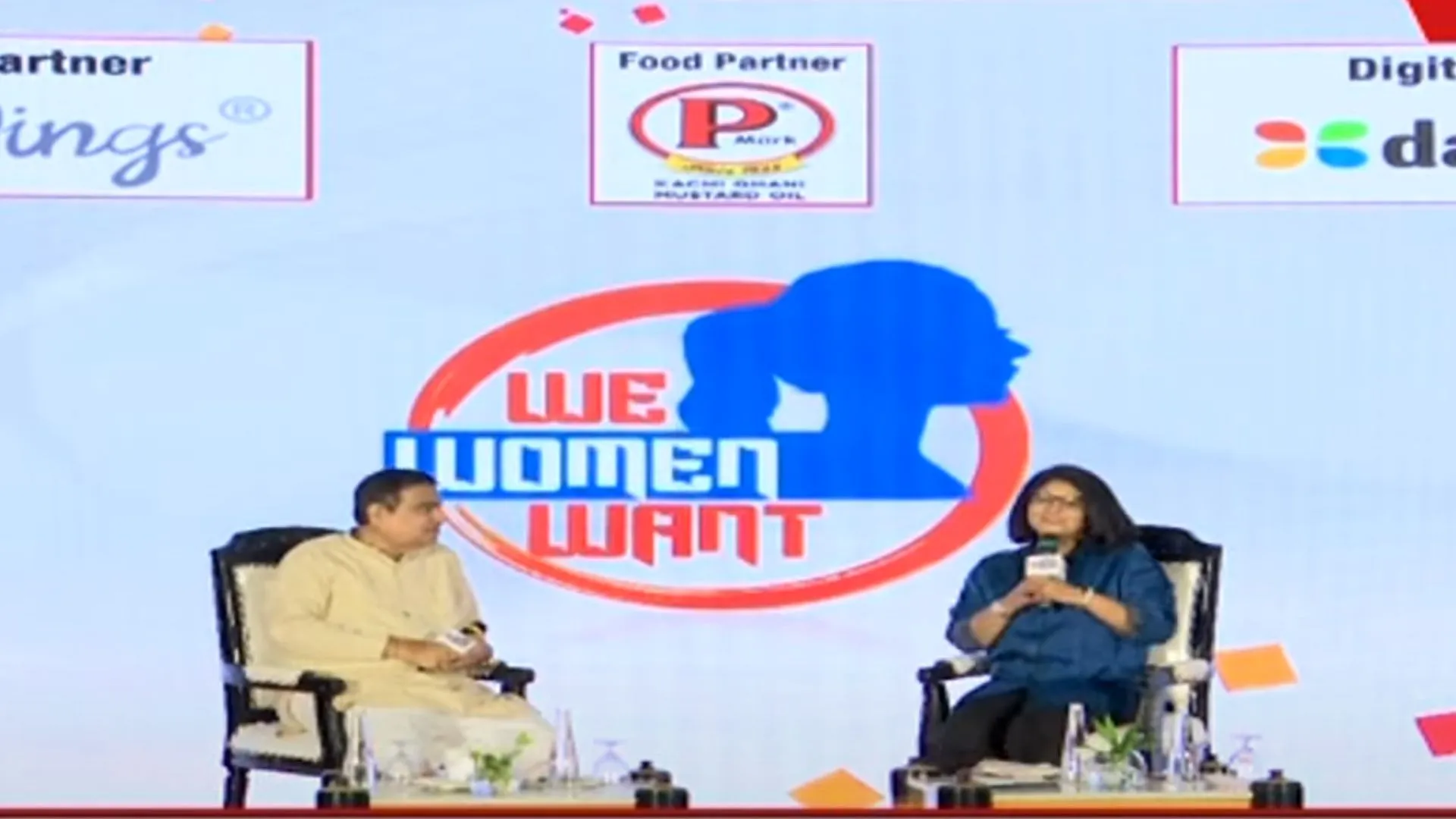The We Women Want Festival and Awards, organized by NewsX, emerged as a vibrant platform dedicated to honoring women’s achievements and fostering empowerment across various sectors.
This year’s event gathered influential leaders, change-makers, and advocates, underscoring the necessity of progress and innovation in our contemporary society. One of the key figures at the festival was Union Minister Nitin Gadkari, whose insights on transportation and environmental sustainability captivated the audience.
Hydrogen-Powered Vehicles: A Vision for the Future
Hosted by the dynamic Priya Sahgal, Minister Gadkari took the stage to discuss the transformative potential of hydrogen-powered vehicles. He presented an ambitious vision, highlighting a significant reduction in fossil fuel imports expected in the next 8 to 10 years, projected to save the country around ₹22 lakh crore. “Hydrogen is the future of cars,” he asserted, emphasizing the importance of making hydrogen accessible at $1 per kilogram. This initiative aligns seamlessly with India’s broader objectives to decrease dependency on fossil fuels and promote cleaner energy alternatives.
Gadkari’s enthusiasm for electric vehicles (EVs) was equally palpable. He shared remarkable statistics indicating a 200% increase in the deployment of electric buses, cars, and autos across the nation. He proudly noted that the vehicle he arrived in operates on ethanol, boasting zero emissions. To bolster this transition, Gadkari announced plans to set up 400 ethanol pumps throughout India, thereby encouraging the use of alternative fuels and reducing environmental impact.
Addressing Challenges in the EV Sector
During the festival, Gadkari didn’t shy away from addressing current controversies, particularly the discussions surrounding the OLA scooter. He emphasized that numerous electric buses and cars are successfully running in Delhi, countering any concerns regarding the reliability of electric vehicles. This commitment reflects his dedication to creating a conducive environment for innovation and advancement in transportation.
Gadkari also tackled the sensitive subject of toll taxes, asserting, “If you want good services, you have to pay for it.” He highlighted the significant improvements in travel times due to extensive infrastructure investments. For instance, the once-lengthy journey from Mumbai to Pune, which took around nine hours, has now been reduced to just two. Similarly, the travel time from Delhi to Dehradun, previously an exhausting nine-hour ordeal, is set to be slashed to two hours starting January 1st. These advancements not only enhance convenience but also contribute to fuel efficiency and economic savings.
Innovations in Tolling Technology
Gadkari shared insights into the latest developments in tolling technology, including the introduction of satellite toll systems designed to lower costs for travelers. “We are continuously trying to introduce various reforms that will be beneficial for everyone,” he stated, underscoring the government’s ongoing efforts to improve transportation efficiency and infrastructure quality.
Utilizing Social Media for Societal Change
In today’s digital age, Gadkari recognized the power of social media as a vital communication tool. He elaborated on how he utilizes his YouTube channel to discuss topics related to innovation, research, and technology, making these complex subjects accessible to a wider audience. “Social media is quite a strong medium now,” he noted, highlighting its role in shaping public discourse and fostering engagement.
Gadkari believes in the transformative potential of politics as a mechanism for socio-economic reform. His commitment to social work and community betterment showcases a philosophy centered around prioritizing citizens’ well-being and fostering inclusivity.
The We Women Want Festival was more than just a celebration of women’s accomplishments; it served as a platform for discussing vital issues that society faces today. Union Minister Nitin Gadkari’s insights into hydrogen vehicles, electric mobility, and infrastructure reform reflect the intersection of technology, sustainability, and empowerment.
As India charts its course toward a greener future, the ideas and innovations shared during this event serve as a poignant reminder of how innovation can transform lives and communities. The festival stands as a beacon of hope, inspiring future generations to embrace change, pursue their passions, and contribute to a more sustainable world.
ALSO READ: Role Of Education In Empowering The Next Generation Of Women Leaders, Insights From Prominent Womem Panelists | We Women Want Festival And Awards




